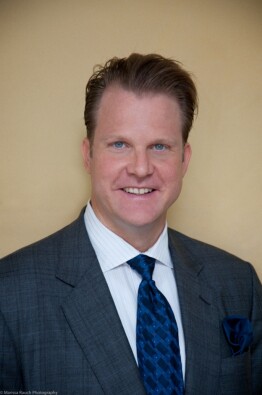

Alden J. Bianchi, practice group leader of law firm Mintz Levins employee benefits & executive compensation practice

R. Scott Oswald, managing principal, The Employment Law Group

Ed Fensholt, J.D., senior vice president, director, compliance services, Lockton
The vast majority of employers sponsoring group health plans have complied with the contraception mandate without objection, so the issue has little significance beyond the relative handful of closely held employers siding with Hobby Lobbys position. [Image: Lockton]

Jay Kirschbaum, practice leader of consulting firm Willis human capital practices national legal and research group

Sharon Cohen, principal, Buck Consultants






